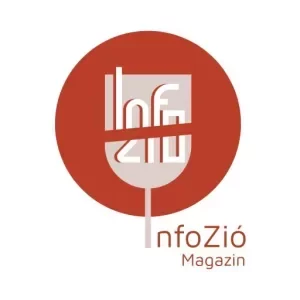The wellness industry is a multi-trillion-dollar business, employing and integrating various Eastern medicine practices into its services – such as yoga, acupuncture, Ayurveda, and Traditional Chinese Medicine (TCM), to name a few. Historically, colonization has long undervalued and questioned the legitimacy of traditional Eastern medicine. However, the West has since turned these deeply rooted healing traditions – shaped and refined through generations of passed-down knowledge – into marketable commodities, often without giving proper recognition to their origins.
Many aspects of these traditional practices are now commercialized, where turmeric is sold as $8 lattes, and yoga has been reduced to fitness classes. Similarly, acupuncture and cupping, which are centuries-old Chinese healing treatments, have become spa day add-ons. Many of these consumers view Eastern medicine as a product or luxury, rather than a respectable and credible path to healing, often believing it to be inferior to Western medicine. In the process of commodifying Eastern medicine, the original context, history, and understanding of how these practices contribute to better health are often ignored – or worse, erased.

It is not about restricting access to these Eastern wellness practices, but about giving them the credit and recognition they deserve. Decolonizing wellness means addressing the origins and complex histories behind these traditional methods, and acknowledging the communities whose heritage has been appropriated and mischaracterized in the process of whitewashing. Moreover, it involves challenging the long-standing power dynamics that have allowed Western medicine to dominate global health conversations while dismissing Eastern systems as “unscientific.” The wellness industry became profitable by adopting these practices, rebranding them, and claiming them anew – often without any real connection to their origins.
As travel becomes more accessible and immigration creating diverse communities worldwide, cultural exchange is inevitable and a beautiful way to see how intertwined we are as human beings despite coming from different backgrounds. However, the issue does not lie there, but the commodification without respect. While examining the structure of the wellness indsutry and who is profiting the most, important questions mus tbe raised. Frequrntly, Western infleucners and companies, not traditional healers and practictioners gain the most, from profits to being recognized as experts in the field.
To truly decolonize wellness, Eastern medicine must be honored as living traditions, not just trendy solutions. Many of these practices are older than modern medicine and have been proven effective, passed down through generations of healers. Everyone can benefit from their diagnostic and healing properties, but it is important to understand the system as a whole and to recognize the histories that led to its marginalization in the first place. Wellness does not need to be rebranded to be healing – it needs to be inclusive and respectful.
Roselle Torres
If you liked the article, I also recommend this:




